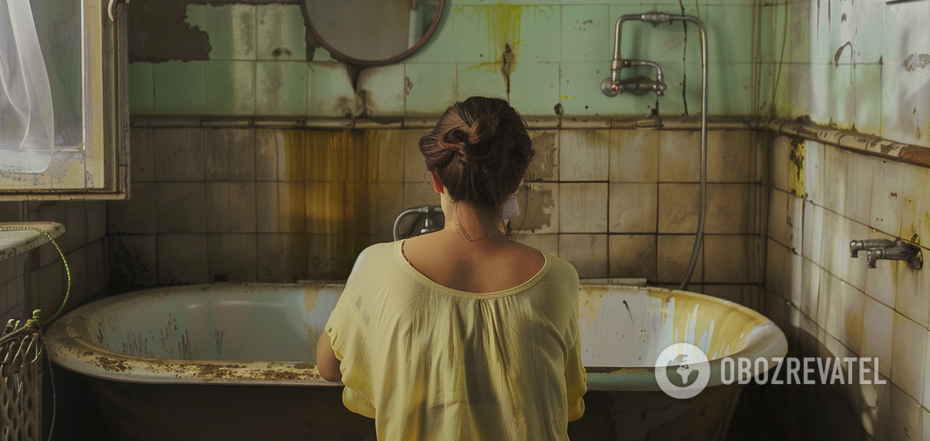Lifestyle
Why there was no "culture of washing" in the USSR, and people took showers once a week
The debate about how often we should wash to stay healthy and save resources continues around the world. Doctors and hygiene enthusiasts give a lot of arguments, and everyone can choose the best scheme for themselves. However, people in the USSR did not have such a choice.
According to Maxim Mirovych, a Belarusian blogger and researcher of Soviet life, there was no culture of washing in the Land of the Soviets. Textbooks and manuals called it normal for a person to take a shower or bath once a week.
Living conditions were conducive to this. In state institutions where people lived for some time, from pioneer camps to military barracks, there was almost never hot water. And the so-called "bath day" was scheduled once a week, or even less often.
This affected the appearance of Soviet people. Dirty, greasy, stuck-together hair was the norm. Because their hair was washed at best once a week, people often developed dandruff. To combat it, pharmacies offered sulsena, a hydrogen sulfide gel in aluminum tubes. The smell of this product was also far from pleasant. But those who suffered from this problem had no choice. That's why, after the fall of the Iron Curtain, when Western goods flooded into the post-Soviet market, there was a real boom in anti-dandruff shampoos. They were actively advertised and sold out. These products had a pleasant scent and made it easy to solve the problem with a simple hygienic procedure.
Another obvious sign of the lack of washing culture was the smell in public transportation. Unwashed people in old clothes and worn-out shoes were a common sight. And the smell of unwashed bodies accompanied passengers everywhere.
The teeth of Soviet citizens also suffered from a lack of hygiene. In addition, they used the services of poorly developed dentistry, so it was common to see people with metal teeth instead of aesthetic ceramic crowns or implants. Nowadays, this phenomenon is almost unheard of.
The only thing that was taken care of in the USSR was hand hygiene. In pioneer camps, leaders strictly made sure that children washed their hands before eating. For this purpose, however, they gave out laundry soap, which also had an unpleasant odor. They were also forced to wash their faces with it. And this spoiled the skin.
Why was it customary in the Union to take care of oneself in this way? Mirovych suggests that the extreme poverty of the population, multiplied by the lack of a culture of everyday life, was to blame. There was no hot water, no understanding of the need for washing and cleanliness.
Subscribe to OBOZ.UA channels in Telegram and Viber to keep up with the latest events.



























